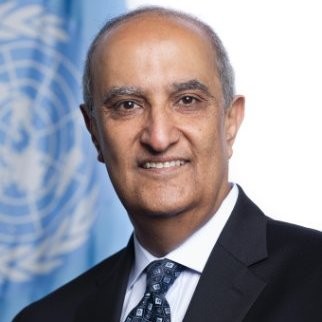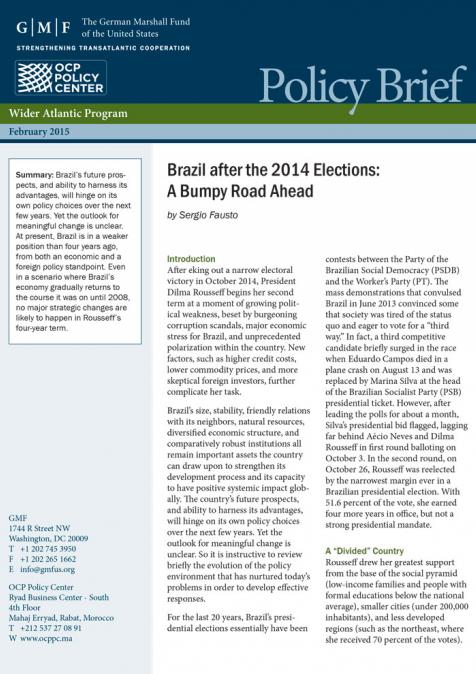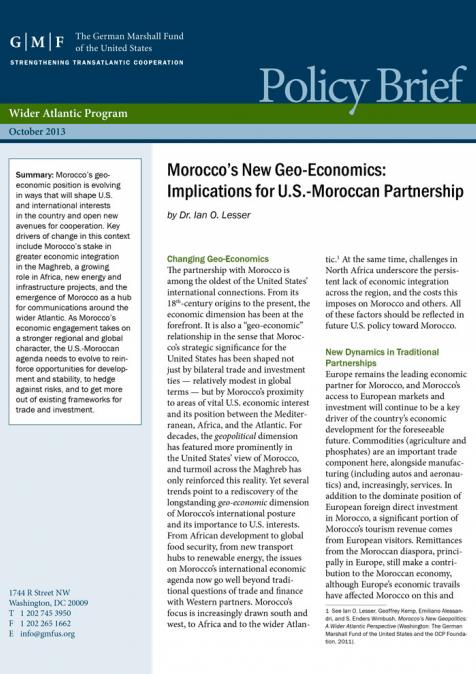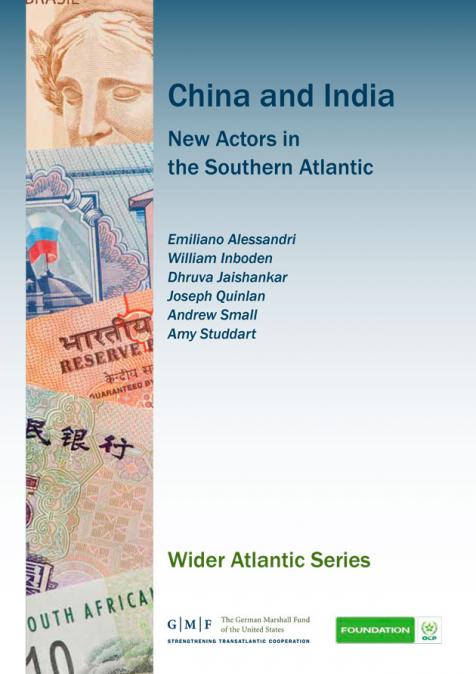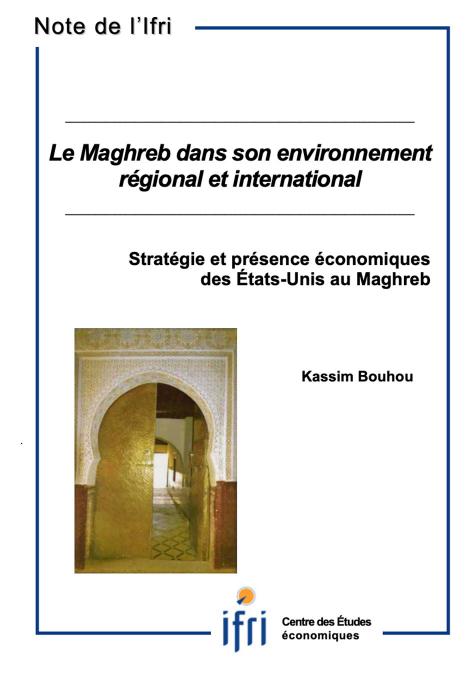Moderator Uduak Amimo, Uduak Amimo Coaching and Consulting Speakers Maged Abdelaziz, Permanent Observer of the League of Arab States to the United Nations Bineta Diop, Special Envoy on Women, Peace, and Security, African Union Commission Mohamed Znagui Sid' Ahmed Ely, Brigadier General, Mauritania Permanent Secretary, G5 Sahel João Vale de Almeida, EU Ambassador to the United Nations, European Union Hubert Védrine, Former Minister of Foreign Affairs, France
Speakers

